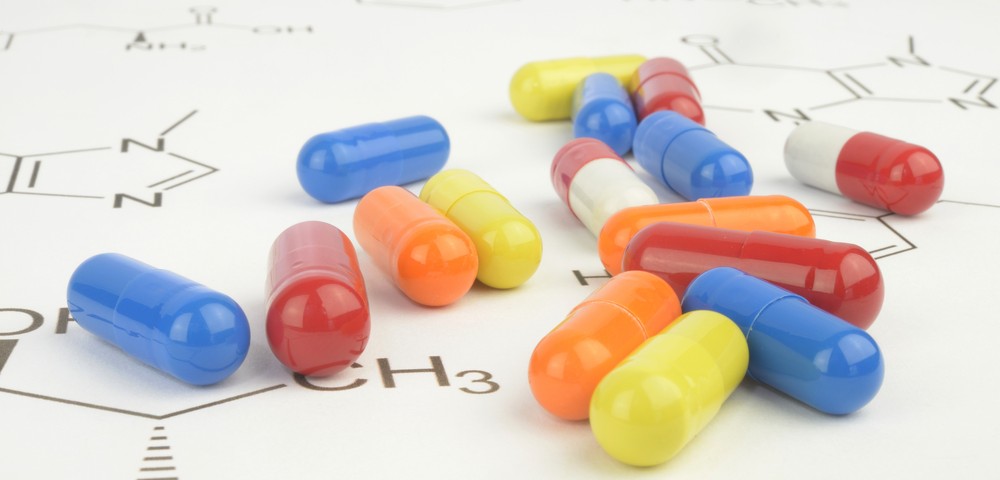Coherus BioSciences recently reported positive 24-week results from the second part of a three-part Phase 3 clinical trial comparing biosimilar CHS-1420, a therapy candidate for plaque psoriasis, to Humira (adalimumab).
The results from the trial’s second part were focused on maintenance of response through week 24. At the beginning of the second part (week 16), 80.3% of CHS-1420-treated patients achieved 75% improvement in the extent of psoriasis and its severity (as measured by an index called PASI-75), compared to 77.5% of Humira-treated patients, Coherus reported in a press release.
In the second part (week 16 through week 24), half the patients who were treated with Humira were moved to treatment with CHS-1420, modeling a chronic patient’s transition to a biosimilar. The results showed that the maintenance of PASI-75 was similar across the three treatment groups: CHS-1420 followed by CHS-1420, Humira followed by CHS-1420, and Humira followed by Humira.
Both drugs were well-tolerated, and to date, preliminary anti-drug antibody results did not identify clinically significant differences between the treatment groups. In the third part of the trial, all patients will receive open label CHS-1420 for an additional 24 weeks.
The ongoing double-blind confirmatory three-part Phase 3 trial (NCT02489227) is comparing the effectiveness and safety of CHS-1420 vs. Humira in 545 patients with plaque psoriasis.
In August 2016, Coherus reported that the study successfully met its 12-week endpoints by demonstrating similarity between the two compounds as measured by the number of patients achieving 75% improvement in the extent of psoriasis and its severity.
Humira is a human monoclonal antibody approved for plaque psoriasis by the FDA in 2008. It is an anti-inflammatory biologic medication that binds to tumor necrosis factor-alpha (TNFα), which normally binds to TNFα receptors, leading to the inflammatory response of autoimmune diseases. By binding to TNFα, Humira reduces this inflammatory response. It is administrated subcutaneously.
In addition to presenting these results in a future medical meeting, Coherus plans to file a Biologics License application for CHS-1420 with the FDA based on similarity results from this second phase of the trial comparing CHS-1420 to Humira.
A biosimilar is a biological product designed to be very similar to a reference medicinal product, its originator, and needs to follow guidelines of the U.S. Food and Drug Administration, European Medicines Agency, and CDSCO regulation. In order to be commercialized, a biosimilar needs to be proven against approximated levels of safety and efficacy that its originator has, and should be notably more affordable and accessible.


